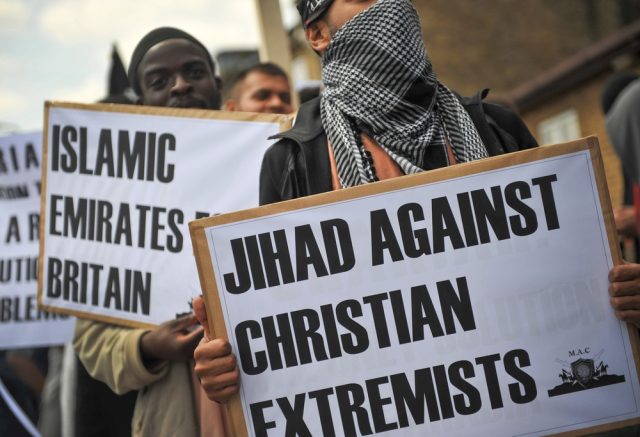
Islamophobia is a growing concern in England, with an increase in incidents of discrimination against the Islamic community. The casus belli was the killing of two little girls and the wounding of several others by a 17-year-old boy of Rwandan origin, armed with a knife, in Southport. Despite repeated denials of a potential jihadist origin to the episode (moreover, Rwanda is an almost entirely Christian country), a “hotbed” of attention to Islamist terrorism has been unleashed.
Reports indicate an exponential increase in incidents of “Islamophobia”, often also in response to growing anti-Semitism after 7 October 2023 and the attack by Hamas on Israel, with the consequent military escalation that we know. A crisis, the one in the United Kingdom, which has also seen strong criticism of the former Prime Minister Rishi Sunak (Conservatives, pro-ECR) and also of the newly elected Keir Starmer (Labour, pro-S&D) who promised additional funding to fight anti-Semitism while no similar measures were arranged for the episodes against the Islamic community.
Sunak, in particular, has reportedly “promised” to appoint a consultant for Islamophobia, but this position has remained vacant for over a year, raising doubts about the British Government’s true commitment to addressing the issue. It is important to note that both the Conservatives and Reform UK, led by Nigel Farage, have frequently highlighted the challenges of coexisting with the Islamic community. Therefore, a commitment in this regard would undoubtedly be controversial.
In the 2022 census, it was reported that approximately 6% of the British population practices the Islamic faith. This amounts to roughly 4 million people and marks a significant increase from the 2011 census, which reported just under 3 million British Muslims, representing 4.5% of the population at that time. This growth is particularly noteworthy when compared to the decline in the number of Christians in the same period, with the Christian population dropping from over 37.5 million to 31 million. These demographic shifts pose both social and communication challenges that need to be addressed.
Despite the demographic growth, the socioeconomic situation is quite complex: 50% of British Muslims live in poverty, compared to a national average of 18% and there are many companies that, given the same job profile, prefer non-Muslim candidates, obviously generating a sense of “encirclement” in the Islamic community that then leads the most radicalized people to commit those terrorist attacks that have repeatedly shaken Europe and the West.
The research indicates that 59% of articles contribute to a communication issue by associating negative behaviors with individuals of the Islamic faith. This has led to a distorted perception of Muslim British citizens among the Christian population or those not aligned with any religious group. Political leaders in the UK have been advocating for the importance of education and open dialogue to promote tolerance. However, progress in this dialogue is slow and often interrupted by various news events, including acts of violence that, while not as widely reported as previous terrorist attacks, still significantly impact public opinion.
The hardship of the Islamic community for the socio-economic reasons listed above must certainly be addressed clearly and without underlying prejudice, but poverty cannot be used as a tool to justify Islamism and radicalization. The work of counter-espionage remains fundamental to avoid other terrorist swarms such as in the two years 2015-2017, just as a foreign policy is needed that knows how to move intelligently on the Israeli-Palestinian question, rejecting any support for Hamas – direct or indirect – while reflecting on the requests of the community that lives in Gaza and is the first victim of the entire conflict.
In order to address the coexistence with the growing Islamic community, it is imperative to adopt a non-ideological approach while upholding the fundamental values upon which Western society is built. This includes the promotion of respect for women, non-violence, and tolerance among different religions.



 Subscribe
Subscribe